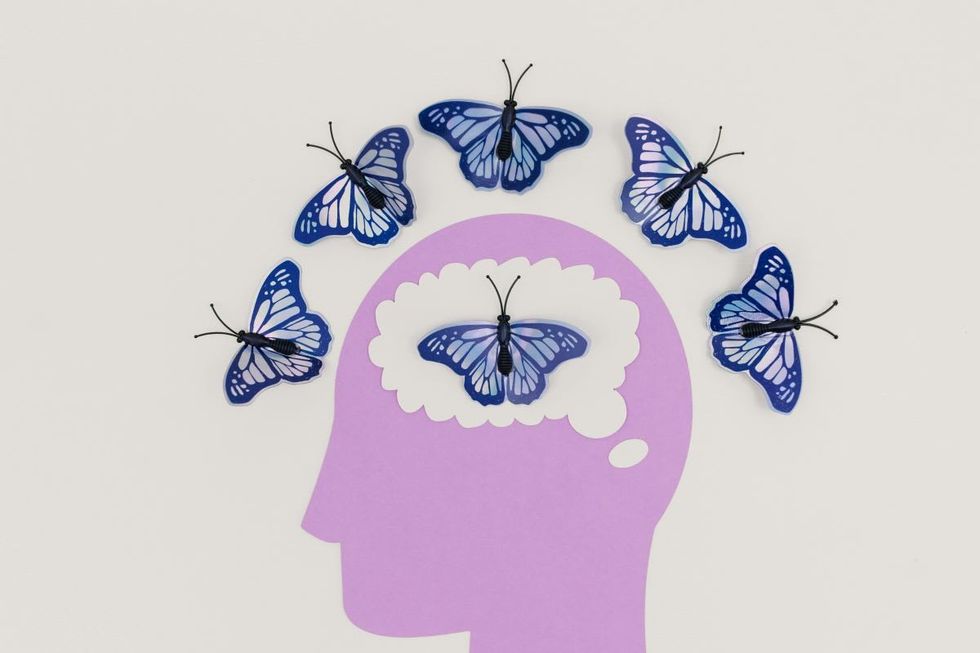Many people are familiar with déjà vu — the strange feeling that an event or situation has happened before. This feeling is often linked to positive emotions, like nostalgia. However, studies have revealed an opposite and eerie sensation known as "jamais vu," according to Medical News Today. Jamais vu refers to the experience of something familiar feeling entirely unreal.

Both concepts relate to brain function, and researchers have studied them extensively. "Jamais vu," French for "never seen," refers to experiences that feel completely new. For example, repeatedly writing a word and questioning if it’s correct. The study suggests that jamais vu occurs more often than déjà vu. Lack of awareness about jamais vu might prevent us from recognizing it.
Chris Moulin, a researcher in the Laboratoire de Psychologie and NeuroCognition at the Université Grenoble Alpes in France, added to the definition, saying, “We describe jamais vu as the opposite of déjà vu — it is the feeling that something is unreal or unusual, whilst at the same time knowing it is something you are very familiar with.” The idea of getting jamais vu may feel more unsettling and rare to people, per Cutting Edge.

However, it is simply the fact that a very familiar experience has a new perspective added to it. For instance, looking at the same room where nothing has changed with a fresh perspective can cause one to feel that something has changed or is new. Neuropsychologist Dr. Karen Sullivan explained how the same may be working out in our brains. “Jamais vu is an experience of recall without recognition — a temporary disconnection between our perception and memory,” she said.
“It is likely that brain pathways that are typically in sync become temporarily disconnected,” she added. This disconnection is what causes jamais vu to take place. Dr. Dung Trinh, the founder of Healthy Brain Clinic, pointed out that jamais vu could be the result of a temporal lobe dysfunction. The latter could be caused due to stress, fatigue and fluctuating dopamine levels among other factors.

Dr. Moulin explained that while jamais vu is closely connected to delusions, they are not the same. The former lasts temporarily while the latter is in a more concrete manner that may cause discomfort. “In healthy populations, it’s just for a fleeting moment. In delusions, it happens in a distressing and convincing manner,” he said. The researchers pointed out that jamais vu is not something to be worried about as long as it’s temporary and can be overridden. However, if it is persistent and repetitive, it is recommended to consult a psychologist.





















 There are plenty of low or no-cost date ideas.Canva
There are plenty of low or no-cost date ideas.Canva Couples can energize their relationship by finding bonding moments that reignite their wonder.Canva
Couples can energize their relationship by finding bonding moments that reignite their wonder.Canva



 A family holding hands.
A family holding hands.